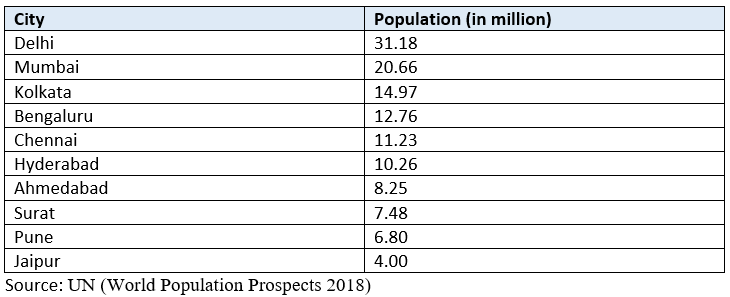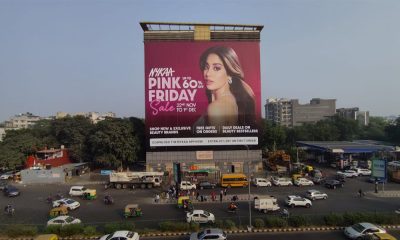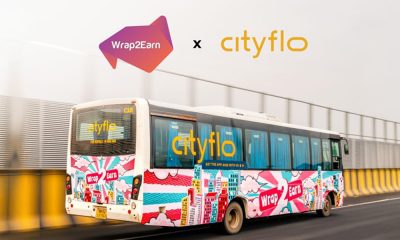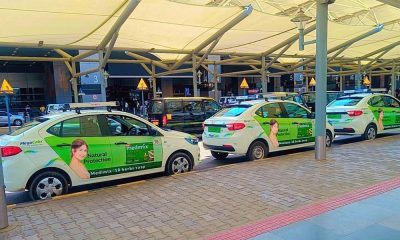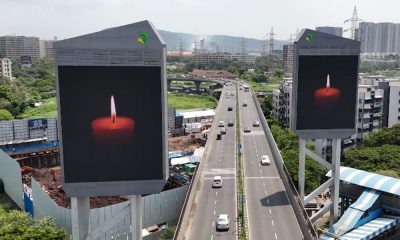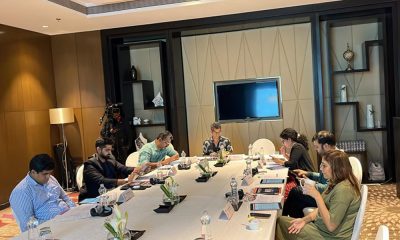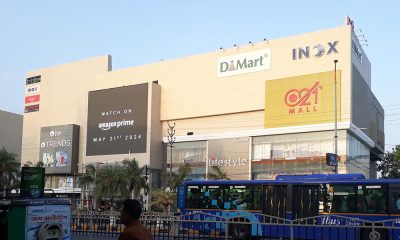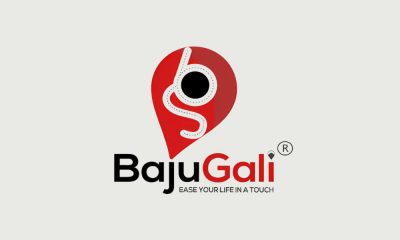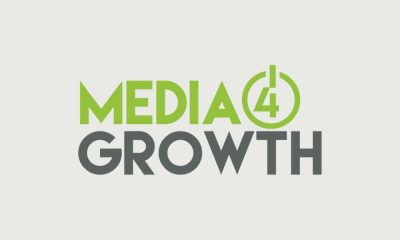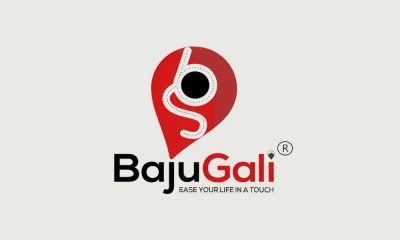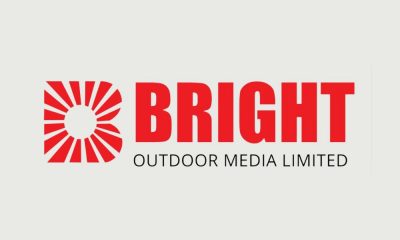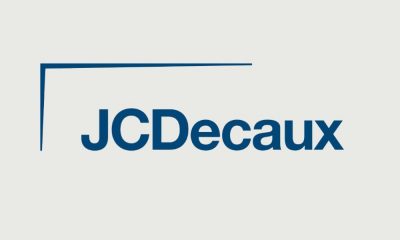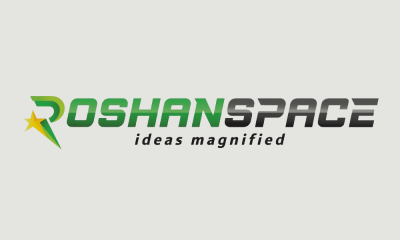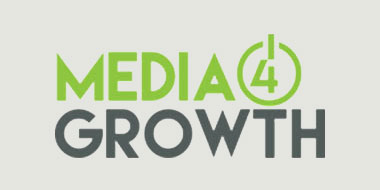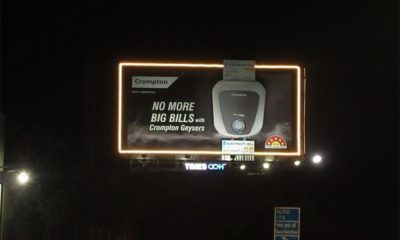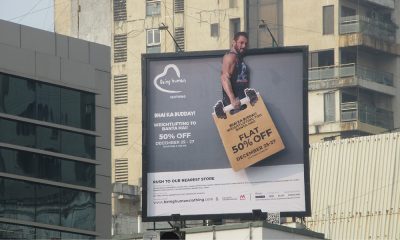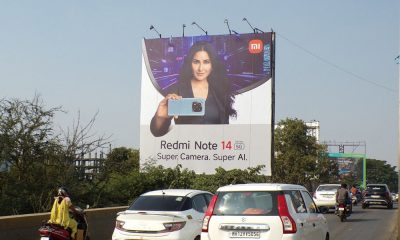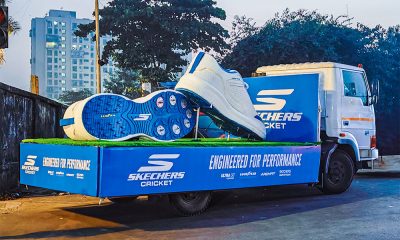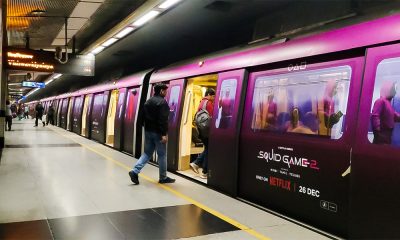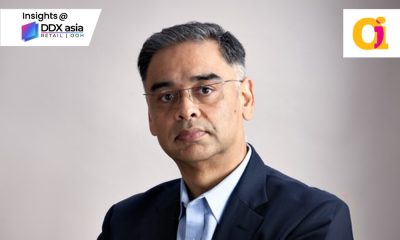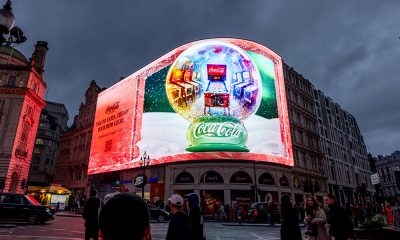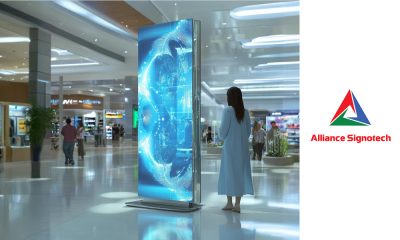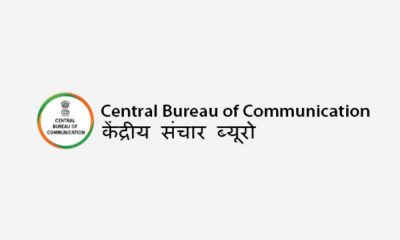Industry News
What keeps Mumbai OOH ticking
A large city population, high GDP and personal income levels, high traffic density, northbound retail consumption, and growing industrial and commercial activities are among the chief factors that make Mumbai the most attractive OOH advertising destinations in the country.
Mumbai market is pivotal to Indian OOH. Today, even as various non-metro cities develop as new economic growth centres, Mumbai continues to asset its dominance as the country’s financial, commercial, entertainment and industrial hub. The city accounts for a high 25% of the national industrial production, and some 70% of all capital transactions.
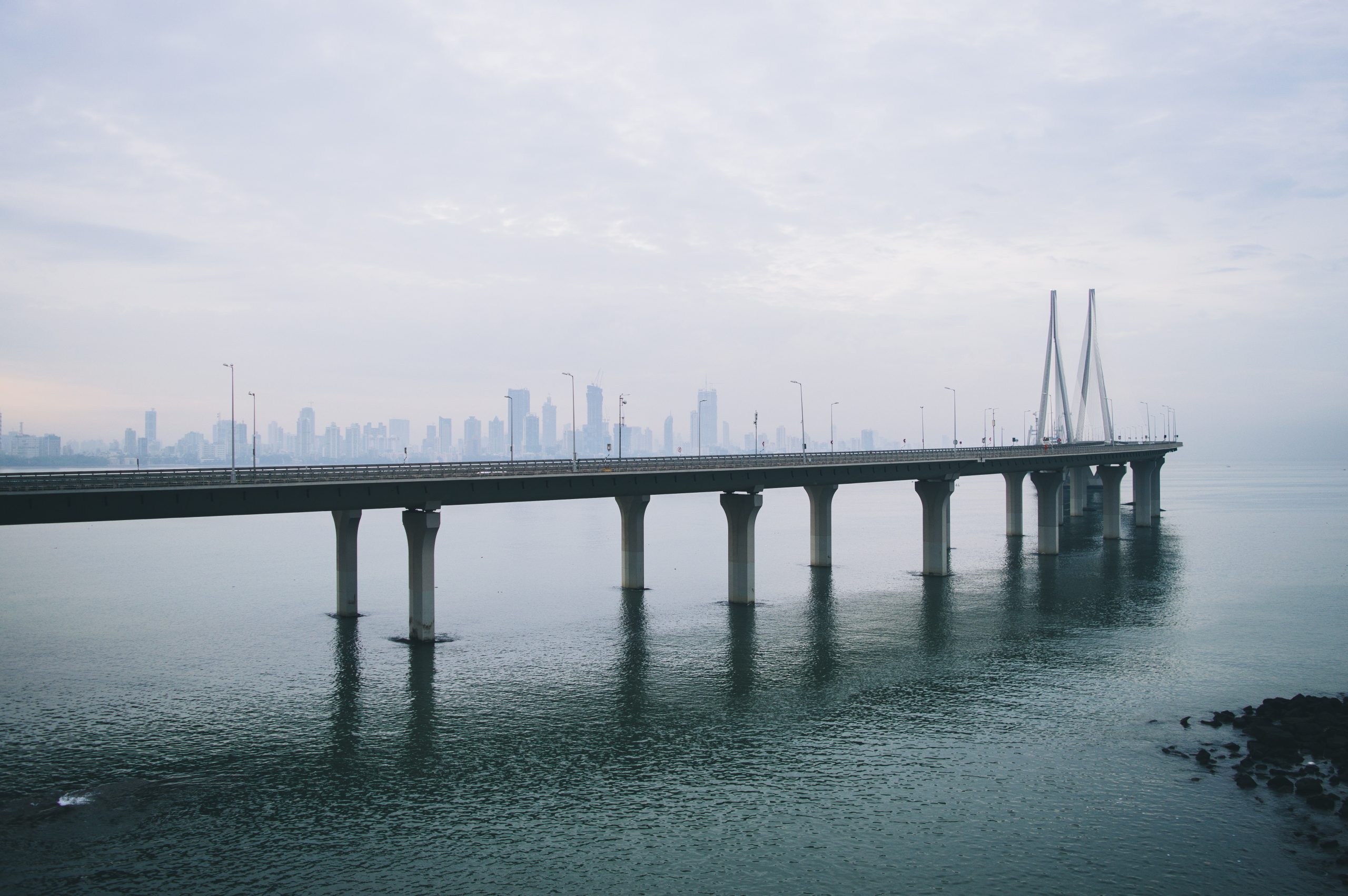
Major industries that are deep-rooted in the city of Mumbai are: manufacturing of automotive parts, tractors, pharmaceuticals & healthcare, IT, utensils, confectionary, textiles & clothing, and indeed media & entertainment. Some of the major companies that are headquartered in the city are: Tata Group, Reliance Industries, Aditya Birla Group, Hindustan Petroleum, Bharat Petroleum, State Bank of India, ICICI Bank, Larsen & Toubro, Essar Group, HDFC Bank, Axis Bank, Bank of Baroda, Bank of India, IDBI Bank, Union Bank of India, Baja Group, Godrej Group, Mahindra Group, Hindalco Industries, JSW Group, and RPG Group. This explains why Mumbai is a part of various pan-India OOH campaigns.
Mumbai is the richest Indian city and ranked the 12th richest in the world (according to a New World Health report) with around 46,000 millionaires and 48 billionaires. Figure 1 cites Mumbai’s dominance as the largest city economy in India.
Fig 1: Top 10 cities in India by GDP
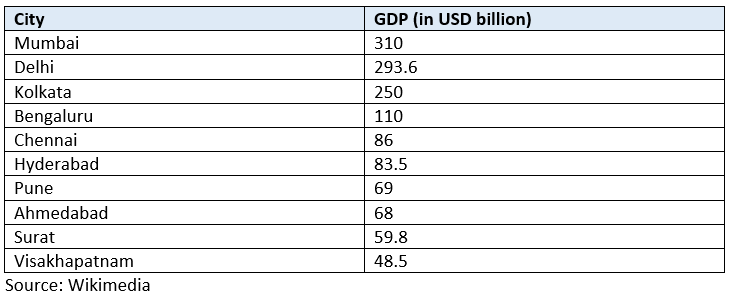
In terms of city population too, Mumbai is the second largest in India, as is cited in Figure 2.
Fig 2: Top 10 most populated cities in India
A significant section of the city population falls in the middle income group and that reflects in the robust retail consumption levels, as seen in Figure 3.
Fig 3: Share of retail consumption across India in 2020, by major city
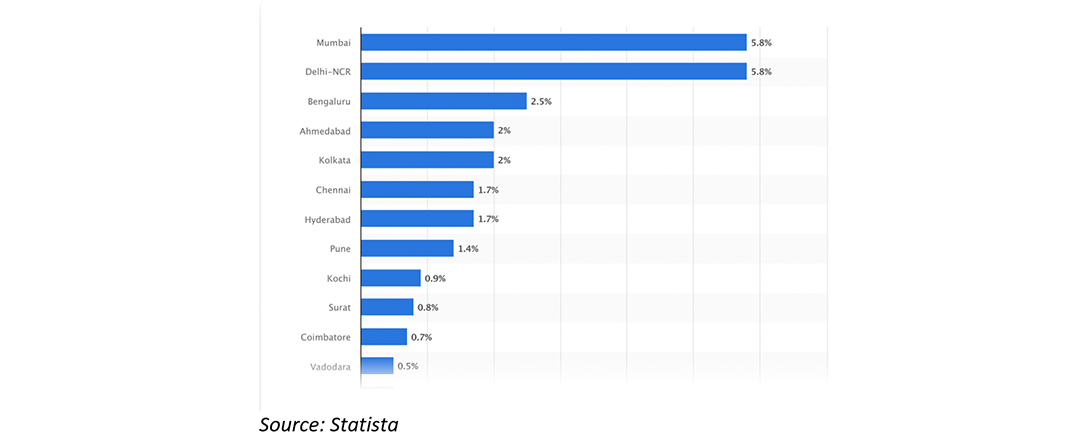
The higher level of GDP, disposable personal income levels, retail consumption pattern, and indeed the size of population are all adding up to enhance the attractiveness of Mumbai as an OOH destination.
The traffic situation in Mumbai too contributes to a perceptibly higher OOH media consumption. According to one study, Mumbai has been ranked world’s third most congested traffic as it loses 121 hours annually to traffic with congestion level standing at 53%. Figure 4 substantiates this aspect.
Fig 4: Most congested cities in the world by traffic density
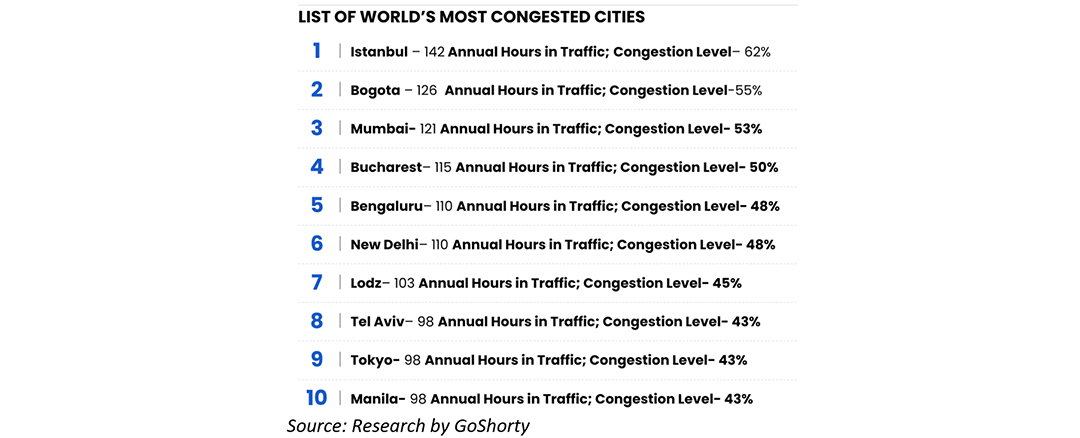
Transit infrastructure in Mumbai is in a massive expansion mode. The Chhatrapati Shivaji International Airport is one of India’s busiest airports, and is again a major OOH destination with some of the marquee brands having displays and activations there.
It is well known that Mumbai is the headquarters of two Railway zones – Central Railway headquartered at Chhatrapati Shivaji Terminus, and Western Railway headquartered at Churchgate. The railway stations have served as a OOH advertising destinations, with some hosting DOOH media as well.
The suburban rail network, one of world’s busiest, carries an average 7.5 million passenger every day. That’s a large audience for a variety of brands that are looking to connect with consumers in the particular SEC group.
The Mumbai Metro One network is expanding and brings in its wake more OOH options for advertising brands.
Mumbai’s bus services (which carried over 55 lakh (5.5 million) passengers per day in 2008 but those numbers have since declined) are also providing advertising options, and likewise are the cab fleets.
The demographic profile of the city, and the urban infrastructure that is being developed, make Mumbai one of the major growth-driven OOH markets
